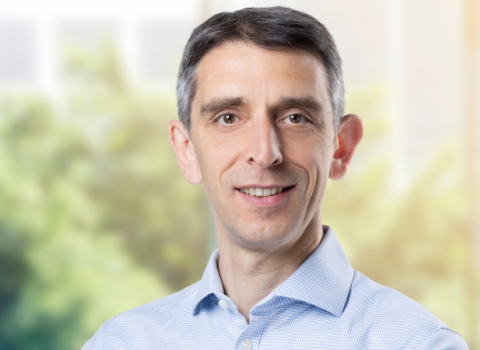ETH Zurich is receiving a 10 million franc donation from Philips for the further advancement of health research. Research in the fields of imaging techniques and image based simulation should particularly benefit from this donation.
Philips Healthcare, one of three business divisions of the Dutch multinational company, is fostering the field of medical technology at ETH Zurich with a donation of 10 million Swiss francs via the ETH Foundation. ETH and Philips are partners; the donation will be an impetus to strengthen their cooperation in the fields of medical imaging techniques and image based modelling and simulation. The funding from Philips will be utilised for research projects, the promotion of talent, the development of new research groups, or additional professorships in health research. In addition, it will be used to finance new research instruments, especially at the Institute for Biomedical Engineering (IBT), an institute of ETH Zurich and University of Zurich.
As a mutual research institute of ETH and University of Zurich, the IBT contributes important research towards the improvement of cancer diagnostics and the diagnosis of cardiovascular diseases as well as diseases of the loco-motor systems and neurological and psychiatric conditions, such as Alzheimer's, depression, and schizophrenia.
A thriving partnership
The partnership between the IBT and Philips has prospered for a quarter of a century. In 1971, when the IBT was established as the first mutual institute of ETH and University of Zurich, imaging technologies were still in their infancy. At the young institute, one was aware of the importance of finding a suitable industry partner to advance the emergent technology. Philips, with its rich and long experience in innovative technologies, was chosen.
Technology has developed immensely since those beginnings; the visual representations of the organs of the human body has improved and enabled more precise diagnostics of certain diseases. Many inventions that emerged from research at the IBT were industrially utilised in Philips' systems. An ETH doctoral thesis, for example, led to the development of so called parallel imaging, where the deployment of multiple detectors accelerates image coding and sets new standards in magnetic resonance imaging (MRI). These days, heart and vascular examinations cannot be imagined without parallel imaging procedures being part of clinical routines.
The partnership with Philips in this field enjoys worldwide recognition for its innovative contributions, and has resulted in approximately 40 MRI inventions being patented over these years. Almost 100 experts, educated at the IBT, helped to bring new ideas from physical and technical fundamentals to their medical utilization.
"The Philips donation to ETH Zurich is confirmation of an extraordinary and enduring partnership between industry and university. At the same time, it is meant to bring in a new phase of interactions between the partners" says Peter Kamm, chairman of the board and CEO at Philips Switzerland.




 A unique international forum for public research organisations and companies to connect their external engagement with strategic interests around their R&D system.
A unique international forum for public research organisations and companies to connect their external engagement with strategic interests around their R&D system.